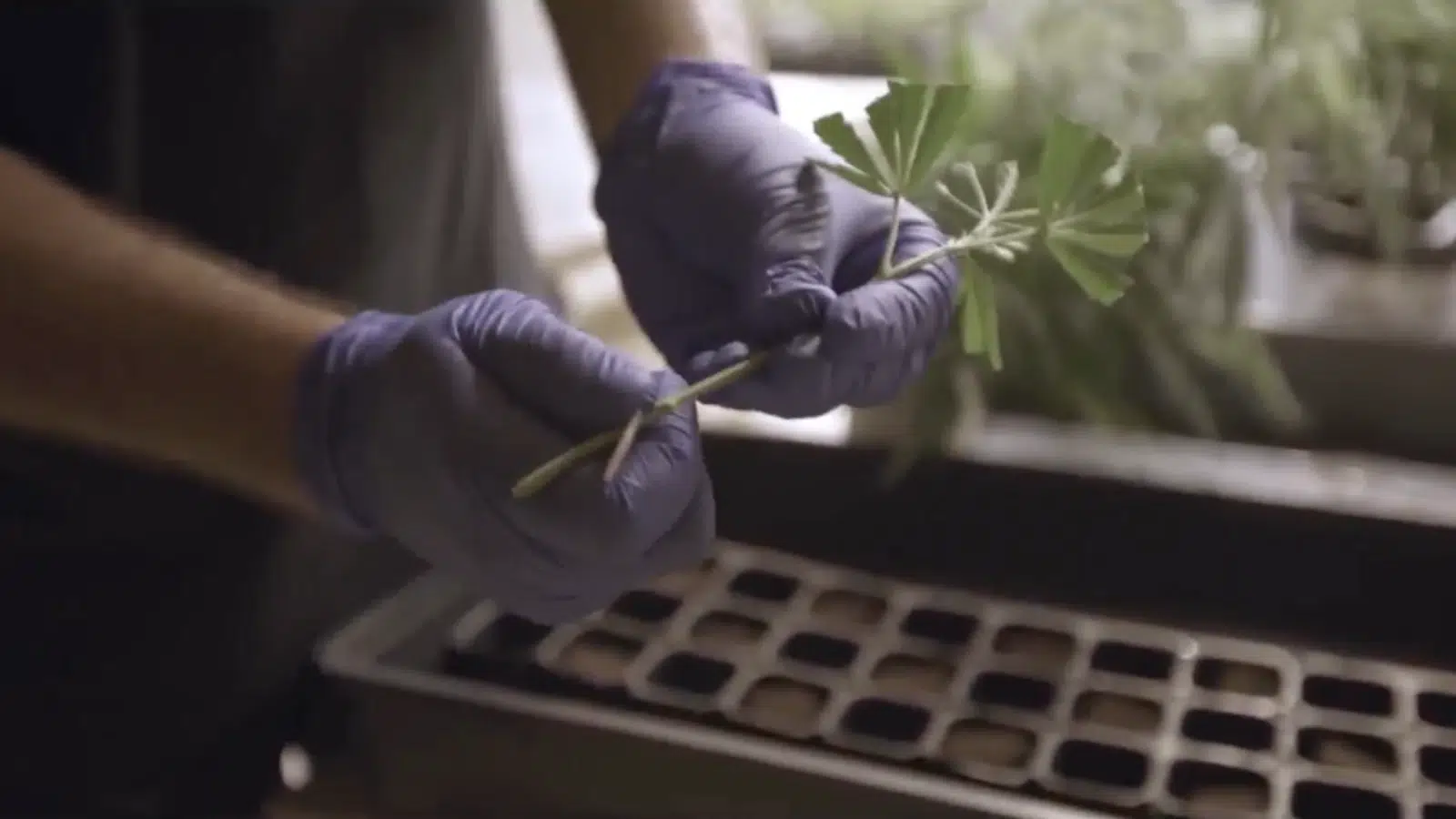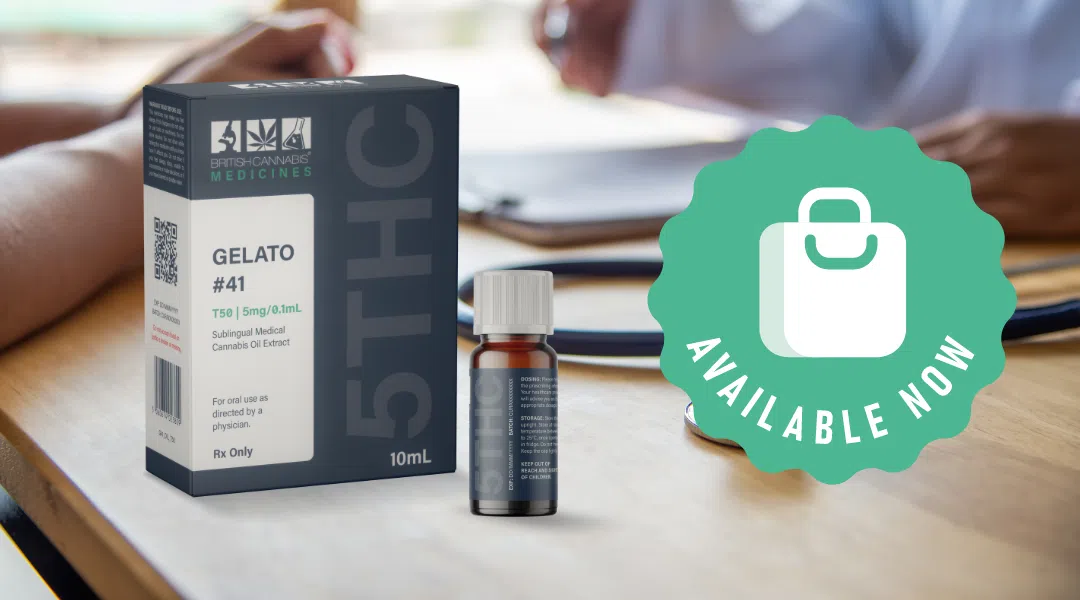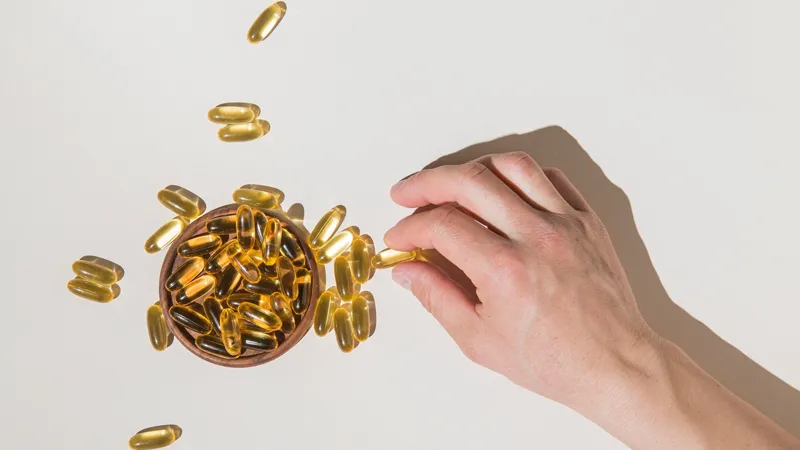
Portugal Ushers Revolutionary Shift in Drug Decriminalisation: Crucial Insights To Grasp
In a game-changing stride, Portugal extends the horizon of personal drug consumption, rewriting the infamous ‘drugs law’, Ordinance 94/96 of March 26. This reform follows a critical move by the Portuguese Parliament that eradicates the previously embedded classification of possession of substances exceeding a ten-day supply metric as evidence for drug trafficking.
Key Points of Interest:
To accuse an individual of drug trafficking, law enforcement will now need to unquestionably exhibit evidence of intent to dive into the unlawful market.
Members of the Social Democratic Party (PSD) took a key role in bringing the bill before Parliament.
Despite confrontations from both the Judiciary Police and the PSD, the changes to the law stand endorsed.
The proposition by the Socialist Party (PS) prompted a significant shift in the Portuguese drug policy.
The new revision underscores a more elastic assessment of drug possession, thus abstaining from criminalising users.
This extensive reform is the result of coalesced discussions and analysis of the bill presented by the Social Democrats coupled with a subsequent bill introduced by the Socialist Party in June. The aim was to modernise the currently outmoded name of the responsible authority and address circumstances where possession of significant amounts sparked suspicions of intent other than self-consumption.
Updated Administrative Identity:
The law amendment involved replacing the non-functional Superior Council of Legal Medicine with the National Institute of Legal Medicine and Forensic Sciences. This shift holds substantial importance for diagnosing drug addiction and laying down the highest permissible limits of drug ingestion, thus contributing substantially towards achieving the objectives of the Ordinance.
Addressing the Present-Day Challenges:
The PSD aimed at the immediate inclusion of emerging synthetic substances posing a threat in Portugal and Europe. In contrast, the Socialist Party pushed for a revised understanding of laws amidst increasing convictions for drug consumption, leading to the criminalisation of users. The Socialist Party’s amendment denies the perception that surpassing stipulated amounts of drugs for personal usage equates to drug trafficking. This change was accepted despite
Britain's Cannabis Sector Responds:
As staunch supporters of a modern and logical approach towards drugs, we at British Cannabis, extend our full support to Portugal’s legislative redesign. This progression resonates with the importance of periodically revisiting and synchronising drug policies with real-world situations and scientific comprehension. Moreover, the switch from criminalisation to a more relaxed stance on possession for consumption signifies a significant leap ahead. This new framework could potentially serve as an influential model for other European nations facing a similar challenge of reconciling drug control with public health concerns.
In essence, Portugal’s updated drug policy signifies a game-changing shift towards drug possession for personal usage, possibly influencing policymakers around the world. The revisions introduce a refined approach, abandoning any form of absolute criminalisation and indicating a path towards a more empathetic and informed drug policy





